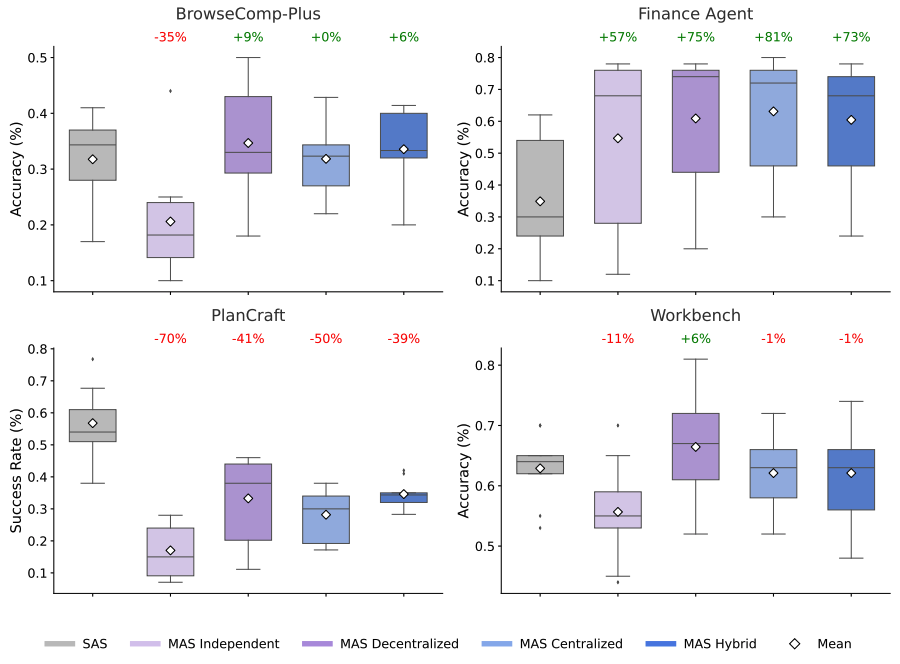
Research at Google and ICLR 2016
May 1, 2016
Posted by Dumitru Erhan, Gentleman Scientist
Quick links
This week, San Juan, Puerto Rico hosts the 4th International Conference on Learning Representations (ICLR 2016), a conference focused on how one can learn meaningful and useful representations of data for Machine Learning. ICLR includes conference and workshop tracks, with invited talks along with oral and poster presentations of some of the latest research on deep learning, metric learning, kernel learning, compositional models, non-linear structured prediction, and issues regarding non-convex optimization.
At the forefront of innovation in cutting-edge technology in Neural Networks and Deep Learning, Google focuses on both theory and application, developing learning approaches to understand and generalize. As Platinum Sponsor of ICLR 2016, Google will have a strong presence with over 40 researchers attending (many from the Google Brain team and Google DeepMind), contributing to and learning from the broader academic research community by presenting papers and posters, in addition to participating on organizing committees and in workshops.
If you are attending ICLR 2016, we hope you’ll stop by our booth and chat with our researchers about the projects and opportunities at Google that go into solving interesting problems for billions of people. You can also learn more about our research being presented at ICLR 2016 in the list below (Googlers highlighted in blue).
Organizing Committee
Program Chairs
Samy Bengio, Brian Kingsbury
Area Chairs include:
John Platt, Tara Sanaith
Oral Sessions
Neural Programmer-Interpreters (Best Paper Award Recipient)
Scott Reed, Nando de Freitas
Net2Net: Accelerating Learning via Knowledge Transfer
Tianqi Chen, Ian Goodfellow, Jon Shlens
Conference Track Posters
Prioritized Experience Replay
Tom Schau, John Quan, Ioannis Antonoglou, David Silver
Reasoning about Entailment with Neural Attention
Tim Rocktäschel, Edward Grefenstette, Karl Moritz Hermann, Tomáš Kočiský, Phil Blunsom
Neural Programmer: Inducing Latent Programs With Gradient Descent
Arvind Neelakantan, Quoc Le, Ilya Sutskever
MuProp: Unbiased Backpropagation For Stochastic Neural Networks
Shixiang Gu, Sergey Levine, Ilya Sutskever, Andriy Mnih
Multi-Task Sequence to Sequence Learning
Minh-Thang Luong, Quoc Le, Ilya Sutskever, Oriol Vinyals, Lukasz Kaiser
A Test of Relative Similarity for Model Selection in Generative Models
Eugene Belilovsky, Wacha Bounliphone, Matthew Blaschko, Ioannis Antonoglou, Arthur Gretton
Continuous control with deep reinforcement learning
Timothy Lillicrap, Jonathan Hunt, Alexander Pritzel, Nicolas Heess, Tom Erez, Yuval Tassa, David Silver, Daan Wierstra
Policy Distillation
Andrei Rusu, Sergio Gomez, Caglar Gulcehre, Guillaume Desjardins, James Kirkpatrick, Razvan Pascanu, Volodymyr Mnih, Koray Kavukcuoglu, Raia Hadsell
Neural Random-Access Machines
Karol Kurach, Marcin Andrychowicz, Ilya Sutskever
Variable Rate Image Compression with Recurrent Neural Networks
George Toderici, Sean O'Malley, Damien Vincent, Sung Jin Hwang, Michele Covell, Shumeet Baluja, Rahul Sukthankar, David Minnen
Order Matters: Sequence to Sequence for Sets
Oriol Vinyals, Samy Bengio, Manjunath Kudlur
Grid Long Short-Term Memory
Nal Kalchbrenner, Alex Graves, Ivo Danihelka
Neural GPUs Learn Algorithms
Lukasz Kaiser, Ilya Sutskever
ACDC: A Structured Efficient Linear Layer
Marcin Moczulski, Misha Denil, Jeremy Appleyard, Nando de Freitas
Workshop Track Posters
Revisiting Distributed Synchronous SGD
Jianmin Chen, Rajat Monga, Samy Bengio, Rafal Jozefowicz
Black Box Variational Inference for State Space Models
Evan Archer, Il Memming Park, Lars Buesing, John Cunningham, Liam Paninski
A Minimalistic Approach to Sum-Product Network Learning for Real Applications
Viktoriya Krakovna, Moshe Looks
Efficient Inference in Occlusion-Aware Generative Models of Images
Jonathan Huang, Kevin Murphy
Inception-v4, Inception-ResNet and the Impact of Residual Connections on Learning
Christian Szegedy, Sergey Ioffe, Vincent Vanhoucke
Deep Autoresolution Networks
Gabriel Pereyra, Christian Szegedy
Learning visual groups from co-occurrences in space and time
Phillip Isola, Daniel Zoran, Dilip Krishnan, Edward H. Adelson
Adding Gradient Noise Improves Learning For Very Deep Networks
Arvind Neelakantan, Luke Vilnis, Quoc V. Le, Ilya Sutskever, Lukasz Kaiser, Karol Kurach, James Martens
Adversarial Autoencoders
Alireza Makhzani, Jonathon Shlens, Navdeep Jaitly, Ian Goodfellow
Generating Sentences from a Continuous Space
Samuel R. Bowman, Luke Vilnis, Oriol Vinyals, Andrew M. Dai, Rafal Jozefowicz, Samy Bengio


